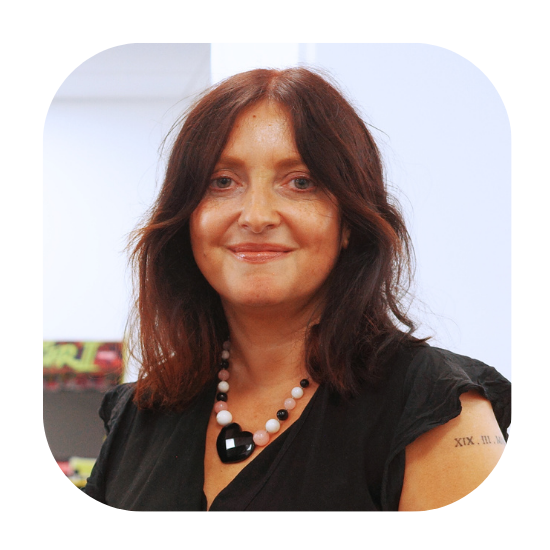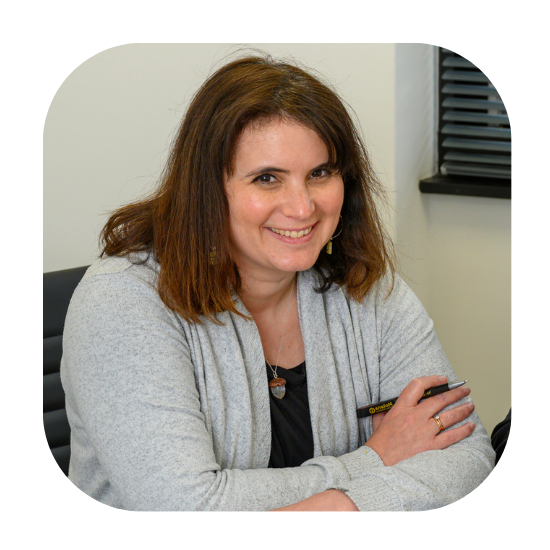
Book your place
Don't worry if you can't make the webinar live. By registering, you will automatically receive a link to the recording and downloadable takeaways by email once the webinar has finished.
Donna Stevenson and Dr Deborah Leveroy come together for this discussion about the option to disclose your diagnosis to your workplace. More often than not, employees will keep their neruodifference to themselves in the workplace for fear of judgment, ridicule or even termination of their role. So they suffer in silence. This conversation looks at how to encourage the conversation, making the workplace a safe space to encourage self-advocacy.
Topics of discussion for this session will be on:
- How to encourage the conversation
- Case study
- Should companies be more proactively supplying adjustments
- Disclosure and diagnosis - remember you don't need an official diagnosis to have an adjustment
- Encouraging self-advocacy

Donna Stevenson
Donna plays a pivotal role in advancing our neurodiversity initiatives and services. She also develops and delivers high-quality neurodiversity Awareness Training and associated programs.Donna previously worked for the British Dyslexia Association (BDA) working within education and the workplace to raise awareness and champion the Dyslexia Friendly Approach.In 2022, she joined Succeed With Dyslexia (SWD) as Head of Training and Assessment, utilising her years of experience to create a global service.She is passionate about giving back and continues her work supporting the community as a SWD Ambassador and as part of the ANND Coalition (Adult Network: Neurodiversity and Dyslexia).

Dr Deborah Leveroy
Dr Deborah Leveroy is Head of Consultancy & Research. Deborah works strategically with corporate clients to enable neuroinclusion in the workplace through our consultancy and audit services.
Deborah also works with academic research partners on impact-driven research projects, developing NB’s research and innovation agenda. Deborah has a Ph.D. in dyslexia, performance training, and inclusion from the University of Kent. Her practice-based research has been published in several peer-reviewed journals, books, and toolkits (including Routledge, and the British Dyslexia Association) and was motivated by her experiences as an actor and dyslexic learner

